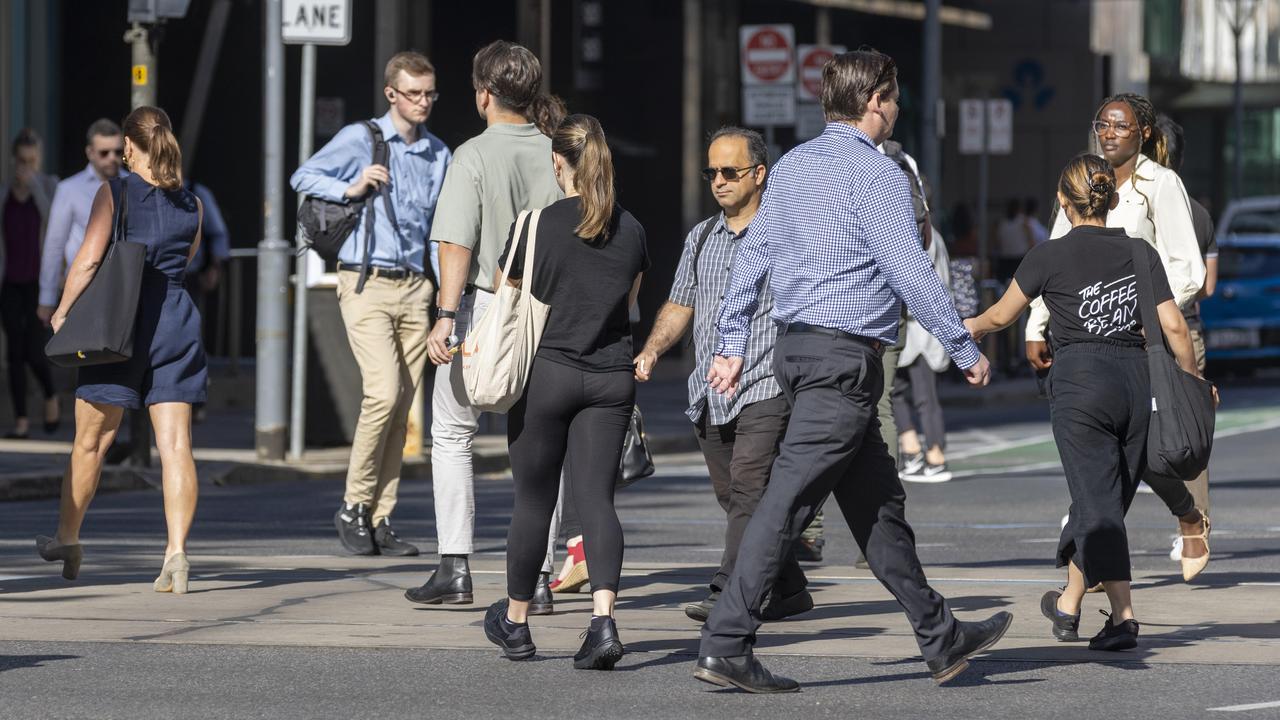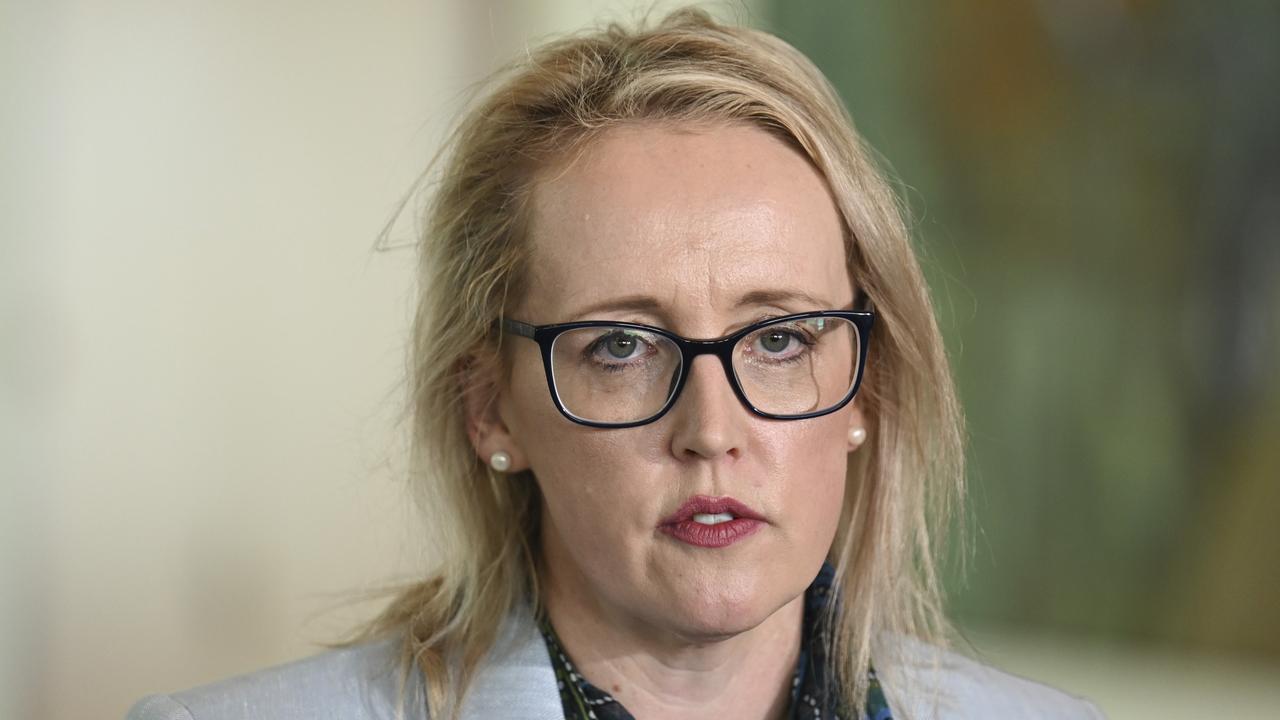The most common job interview questions and how to answer them
BOSSES won’t tell you, but most job interviews have a certain formula. Here’s how to slam dunk the most common questions everyone hates being asked.
WE’VE all been there. You turn up at an interview, mindlessly babble through a series of awkward questions and come out hoping you’ll get offered a job.
But with a little bit of thought it doesn’t have to be that way.
Here’s how to answer the most common interview questions.
Tell me about yourself
Interview IQ founder Karalyn Brown said this is often used as an icebreaker because talking about yourself is supposed to be simple.
But the open-ended question often leaves people struggling, giving rambling answers or over-sharing stories no one needs to know about.
“They tend to waffle or go off track, which is dangerous as you often have less than a minute to make a strong first impression,” she said. Instead, make sure you’re prepared and understand the role and the company.
“Then you can talk with conviction about yourself and make it relevant to the interviewer. Try to keep it brief and related to the role at hand.”
She said a simple answer for someone who just graduated might include why you studied your subject, where you want to work and the impact you would have.

Why do you want this job?
Once you’ve established a little bit about yourself, the next logical question is why you want the job.
This also sounds simpler than it actually is. A good answer means knowing a lot about the company and how you could fit in. Leave out any reasons relating to money or perks.
“If you’re applying for a role as an engineer for example, list the projects the company has been involved in and talk about what you have enjoyed about similar projects you have worked on,” Ms Brown said.
“You need to remember that the company is buying your skills for that particular project, role or task. They want to know how you can solve their particular problem at hand. They are not buying your life story,” she said.

Why should we hire you?
The key to answering this one is preparation, Ms Brown said.
“Take a copy of the advertisement and start with a blank sheet of paper. On one side list the key experience, skills and qualifications you need. On the other side, write a statement about how you meet each of the above.
“To keep yourself on track visualise that sheet of paper as you answer that question and cover the main 3 to 4 points,” she said.
It's also a good idea to relate the answer back to the company or show off anything you learned during the interview. Ms Brown said this will make you sound credible and keep you on track.
“Often people just ramble on with an unconvincing laundry list of unrelated skills, so including an achievement and linking it back to the job requirements is more convincing,” she said.
Finally, remember to sound excited about the opportunity as most companies are looking for staff who want to be there.
“Some genuine enthusiasm goes a long way, and depending on the role, may even get you across the line against someone who is more experienced but comes across like a limp dish rag.”

Most common mistakes
Whatever you do, don’t fall victim to common mistakes like being underprepared and not treating it like a genuine conversation.
Ms Brown said a great question to ask is ‘what is a typical day like?’ as this allows you to work in specific examples. She also said you should practise saying things out loud which will make you much more confident in the real thing.
“The first time you say something you feel like a goose, the second time you feel more confident, the third time you feel a lot more confident,” she said.
Also, when asked about your weaknesses, use an example that goes hand-in-hand with the job.
For instance if you’re applying to work as an accountant, don’t say you’re terrible with numbers, Ms Brown said.
What’s the strangest interview question you’ve ever been asked? Leave a comment below or continue the conversation on Twitter @Victoria — Craw | @NewscomauHQ | @InterviewIQ




